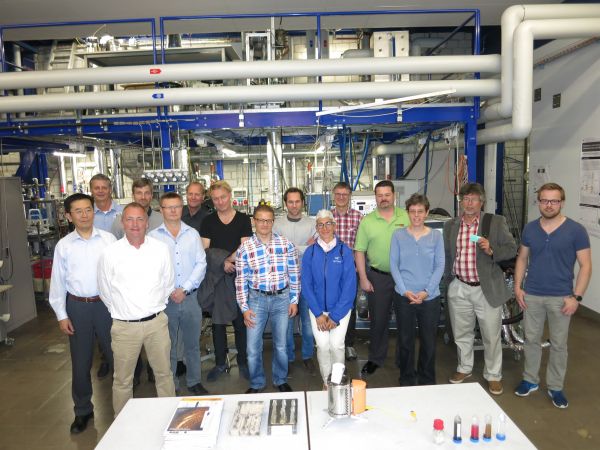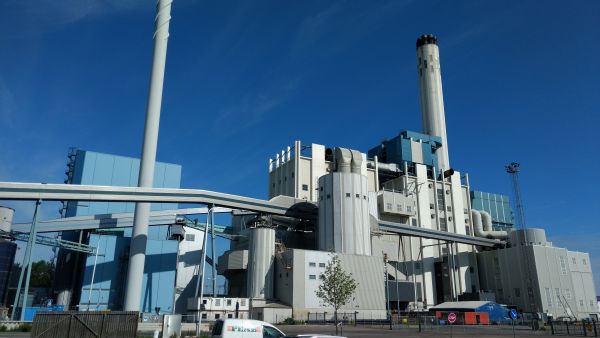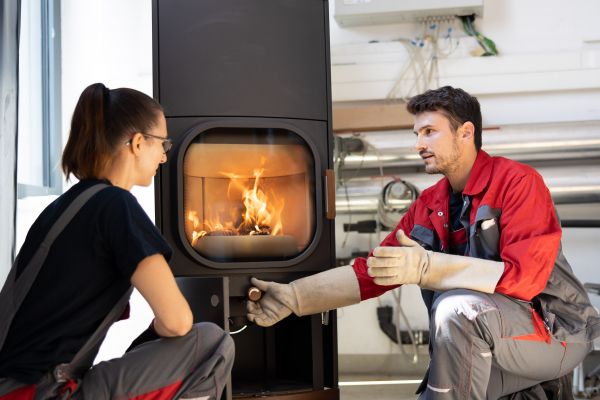IEA Bioenergy Task 32: Biomass Combustion and Co-firing (Working Period 2016 - 2018)
Short Description
Thermal biomass utilization in combustion processes is by far the most important technology for the provision of renewable energy. Given that nearly half of the final energy consumed in the EU is heat, biomass combustion for the provision of heat and hot water is a key technology for achieving all relevant energy and climate policy objectives at national, European and world level.
The IEA Bioenergy Task 32 brings together a group of experts who are committed to contributing to the wider use of biomass combustion for the provision of heat and power through their work. In the short term, the activities of Task 32 aim to facilitate market access for biomass combustion technologies and thus extend their use. In the medium to long term, however, the activities of the Task also aim to ensure the competitiveness of biomass combustion by optimizing available technologies.
In light of the emerging electrification of energy systems in industrialized countries, Task 32 also focuses on small and medium-sized cogeneration and biomass co-firing in traditional coal-fired boilers. One specific focus is on the future role of bioenergy as balancing energy for electricity grids with a high proportion of renewable energy.
The work program for the triennium 2016-2018 included the following topics:
- Decentralized heat generation,
- Efficient combustion in industrial and CHP plants,
- "Near Zero Emission" from industrial plants,
- Additional firing and fuel conversion,
- Waste fuels and fuel processing,
- Greenhouse gas effects of biomass combustion including carbon capture & storage and
- Information dissemination.
The task's national work should in particular help
- remove market barriers by creating uniform regulatory framework conditions and standards for the introduction of technologies for the provision of space heating and for the introduction of micro-CHPs,
- to obtain and analyse reliable information about global technological and political developments, to inform relevant stakeholders,
- to influence national and international developments through the timely involvement of scientific, industrial and political stakeholders,
- to make the information obtained available to a broad a group of relevant industries so that product and technology developments can be adapted to changing framework conditions or opportunities at an early stage.
Project Images
Terms of use: The pictures listed underneath the header “Project Pictures” originate from the projects in the frame of the programmes City of Tomorrow, Building of Tomorrow and the IEA Research Cooperation. They may be used credited for non-commercial purposes under the Creative Commons License Attribution-NonCommercial (CC BY-NC).
Participants
Austria, Canada, Denmark, England, Germany, Ireland, Japan, Netherlands, Norway, South Africa, Sweden, Switzerland
Contact Address
DI Dr. Christoph Schmidl
BEST – Bioenergy and Sustainable Technologies GmbH
Gewerbepark Haag 3, 3250 Wieselburg-Land
E-Mail: christoph.schmidl@best-research.eu
www.best-research.eu





